Home Buying Process: How to Find a Home to Match Your Lifestyle

by
Chelsea @ Making Manzanita
(IC: blogger)
How to Find a Home to Match Your Lifestyle
I’ve been posting all about the home buying process lately as we revealed our new home to you. Tonight, Logan and I were reflecting more about the home buying process and remembered how much thought went into deciding what type of home we wanted to buy. It was important for us that we were choosing a home that matched our lifestyle (or at least the lifestyle we want to create).
The truth is that everyone is so different and has vastly different priorities and dreams. We believe that there is a home out there for everyone!
I’ve been posting all about the home buying process lately as we revealed our new home to you. Tonight, Logan and I were reflecting more about the home buying process and remembered how much thought went into deciding what type of home we wanted to buy. It was important for us that we were choosing a home that matched our lifestyle (or at least the lifestyle we want to create).
The truth is that everyone is so different and has vastly different priorities and dreams. We believe that there is a home out there for everyone!
Why we were looking at the land area
Enjoyed the project?

Want more details about this and other DIY projects? Check out my blog post!
Published September 3rd, 2015 1:28 AM



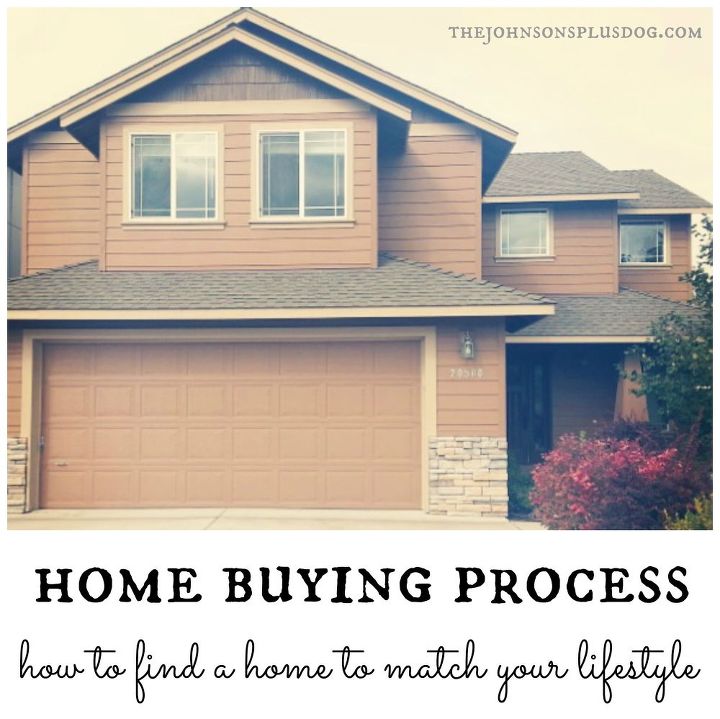



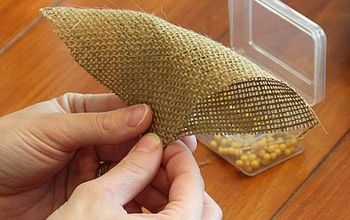
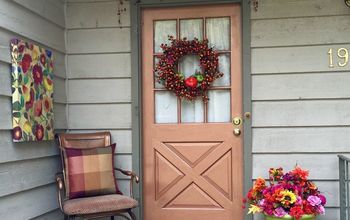
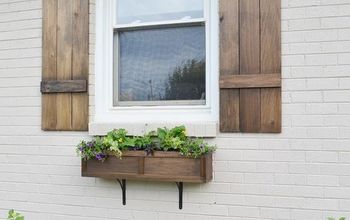
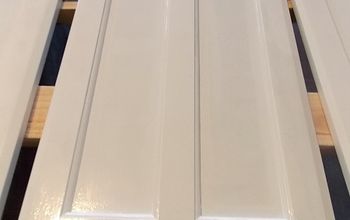
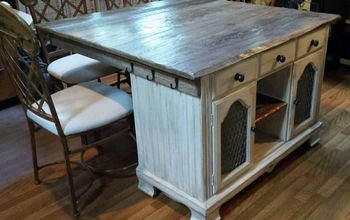

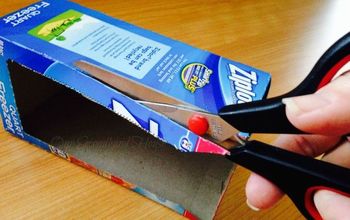
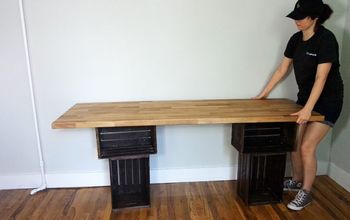

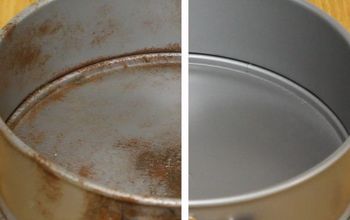

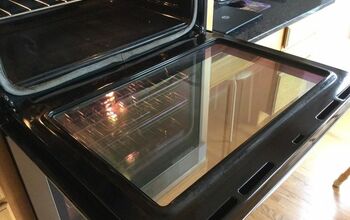
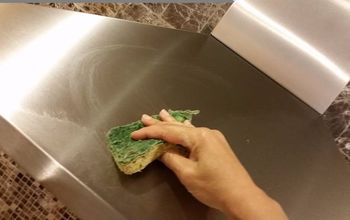
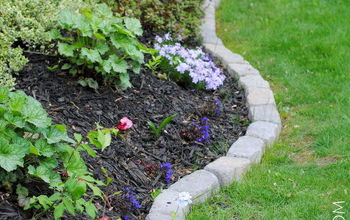



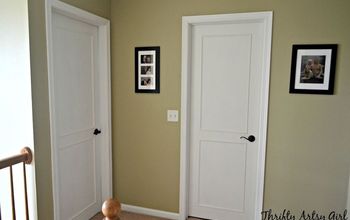

Frequently asked questions
Have a question about this project?